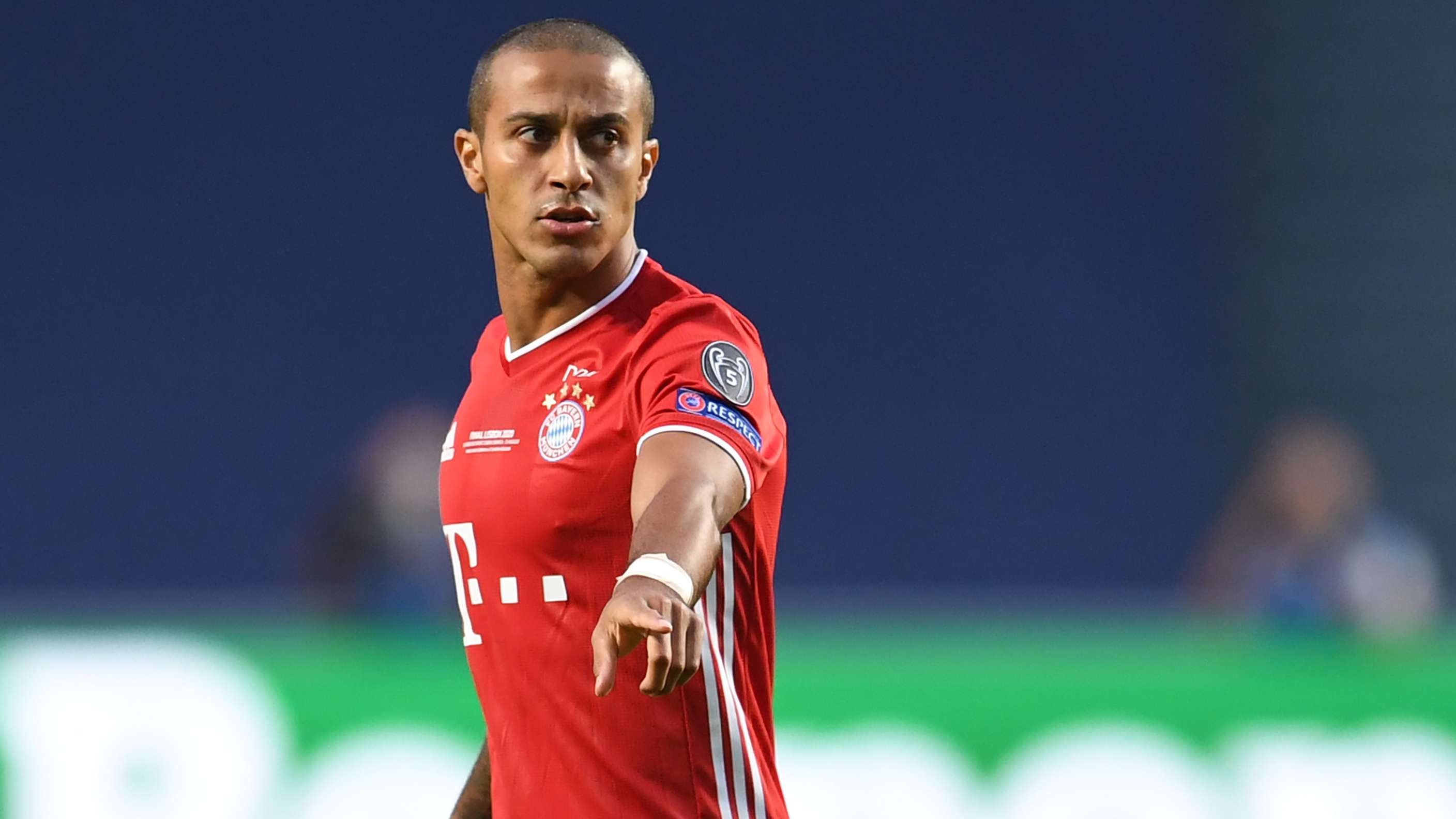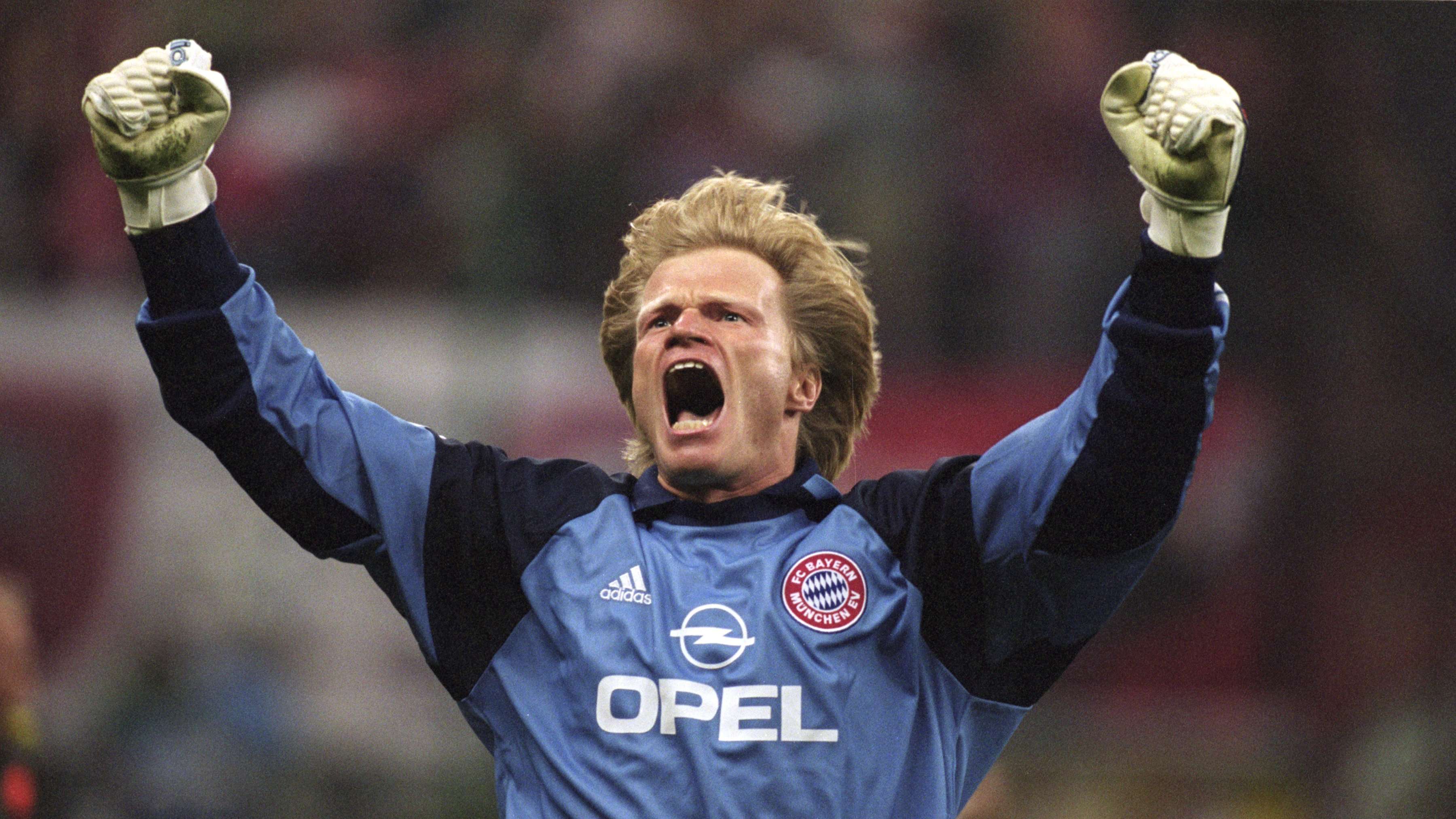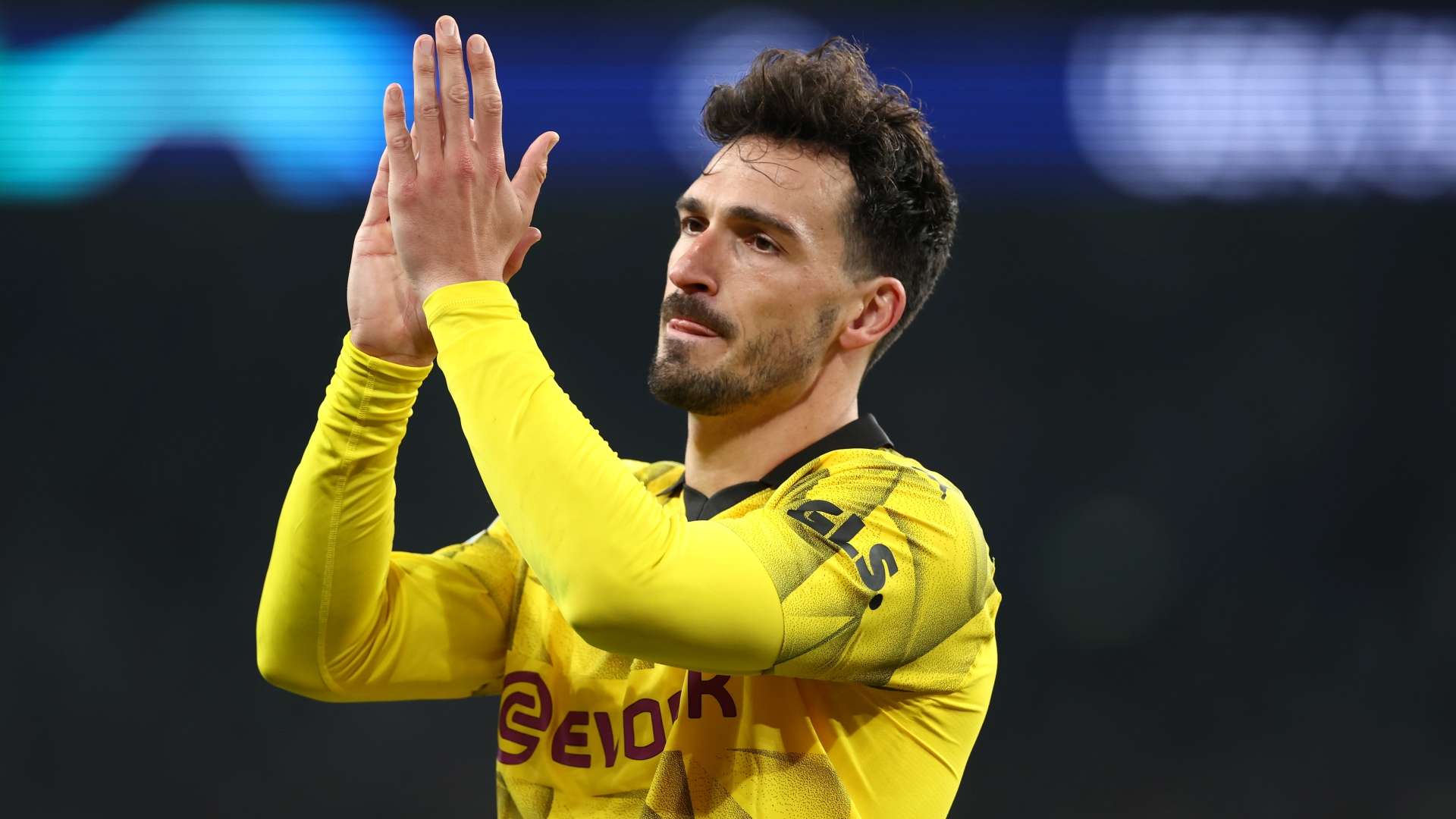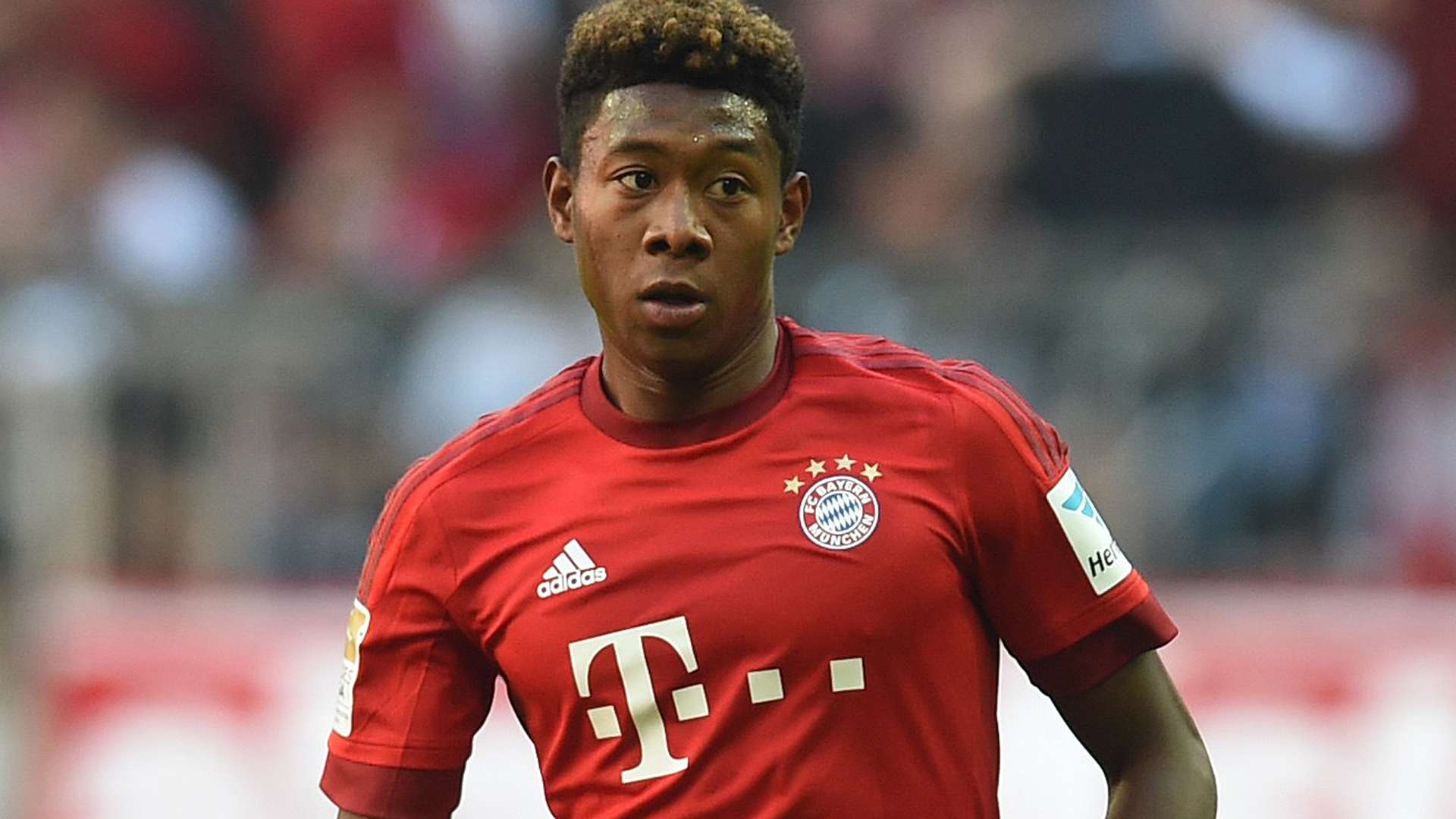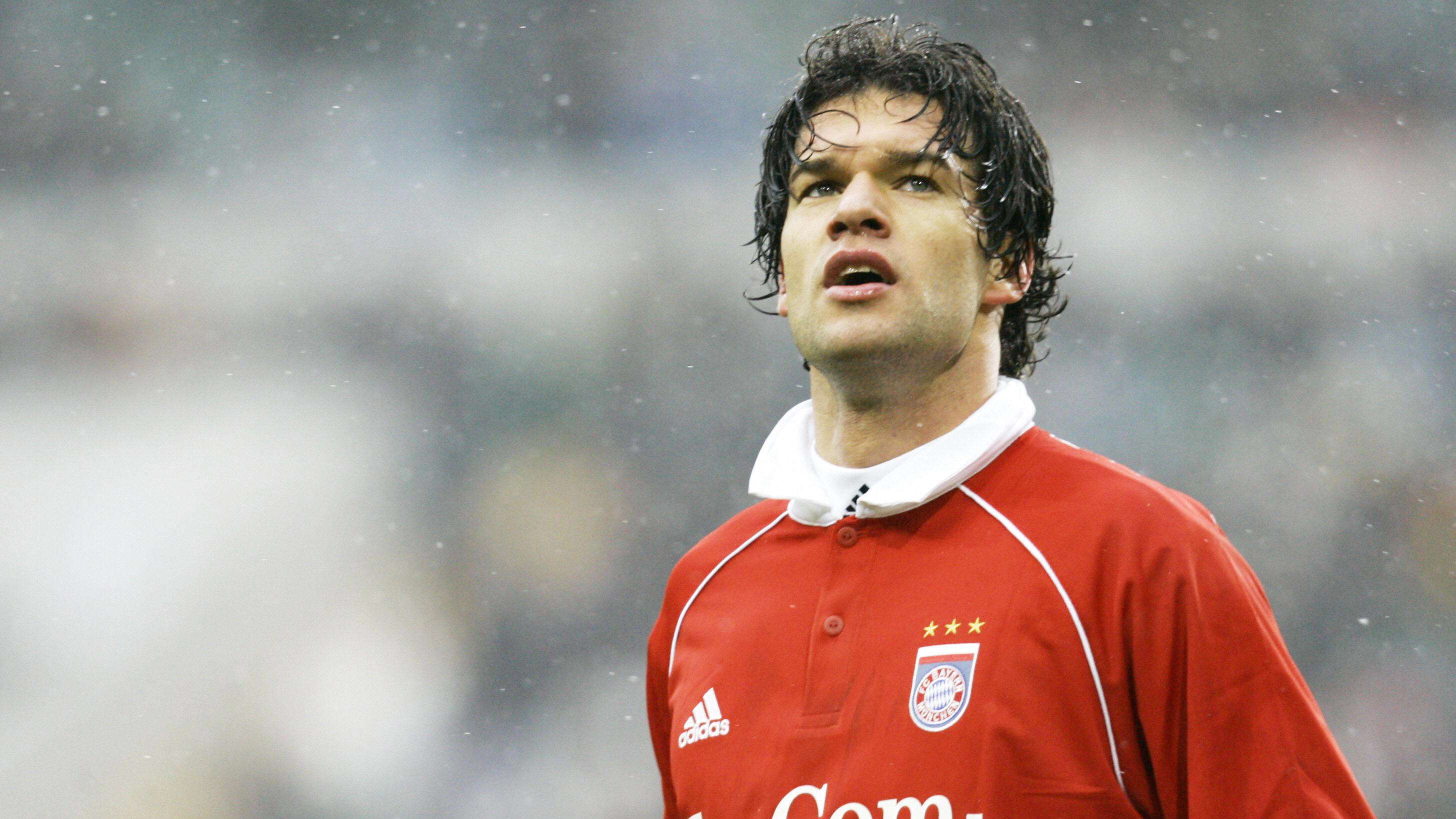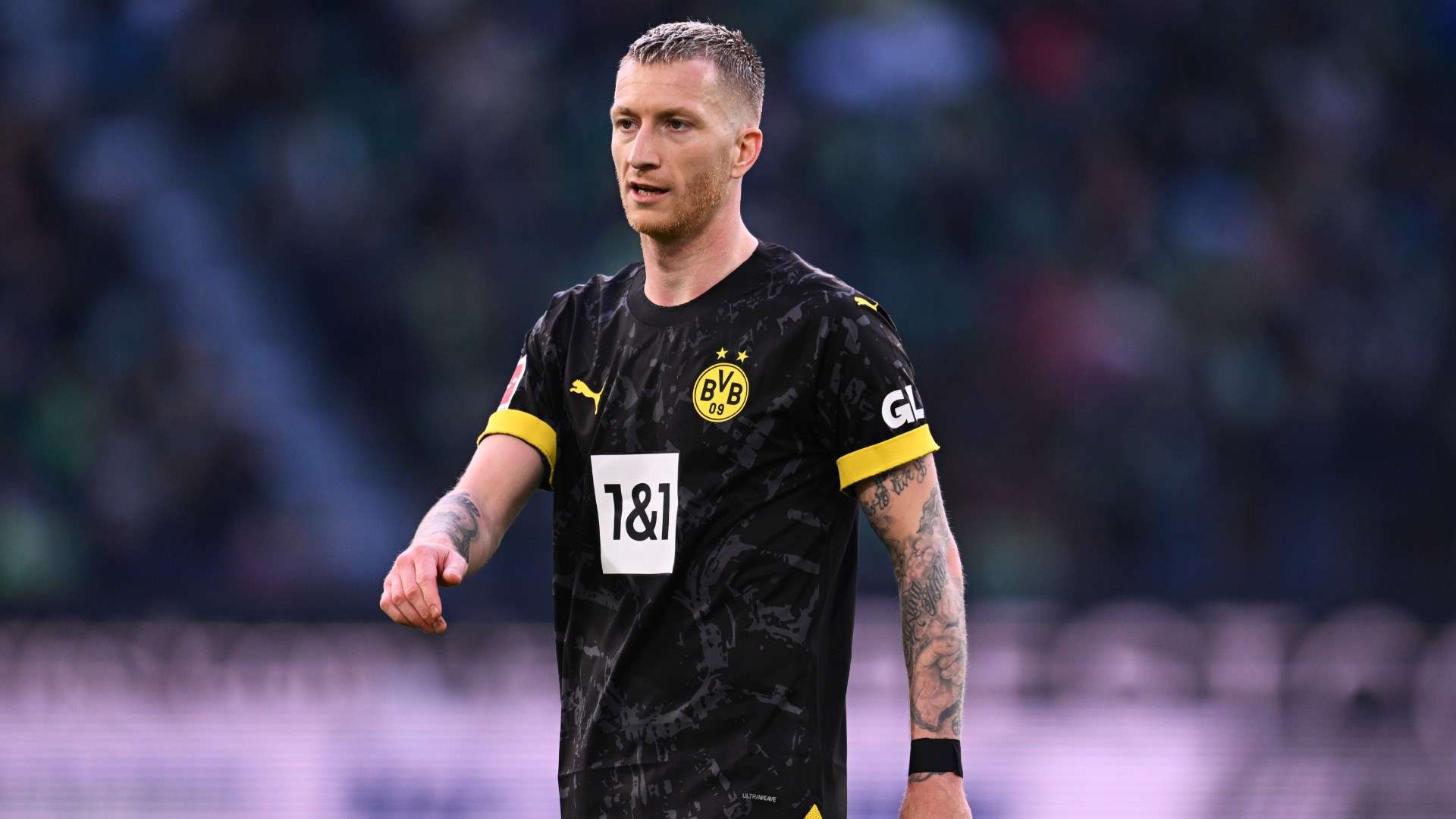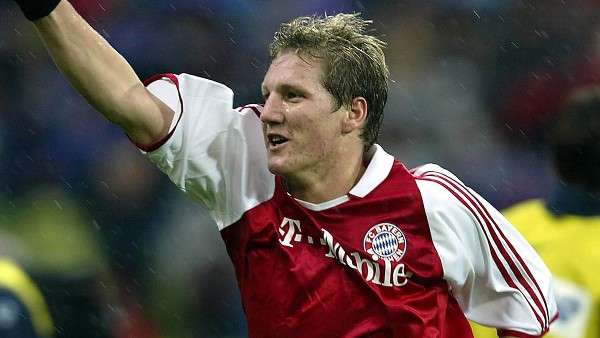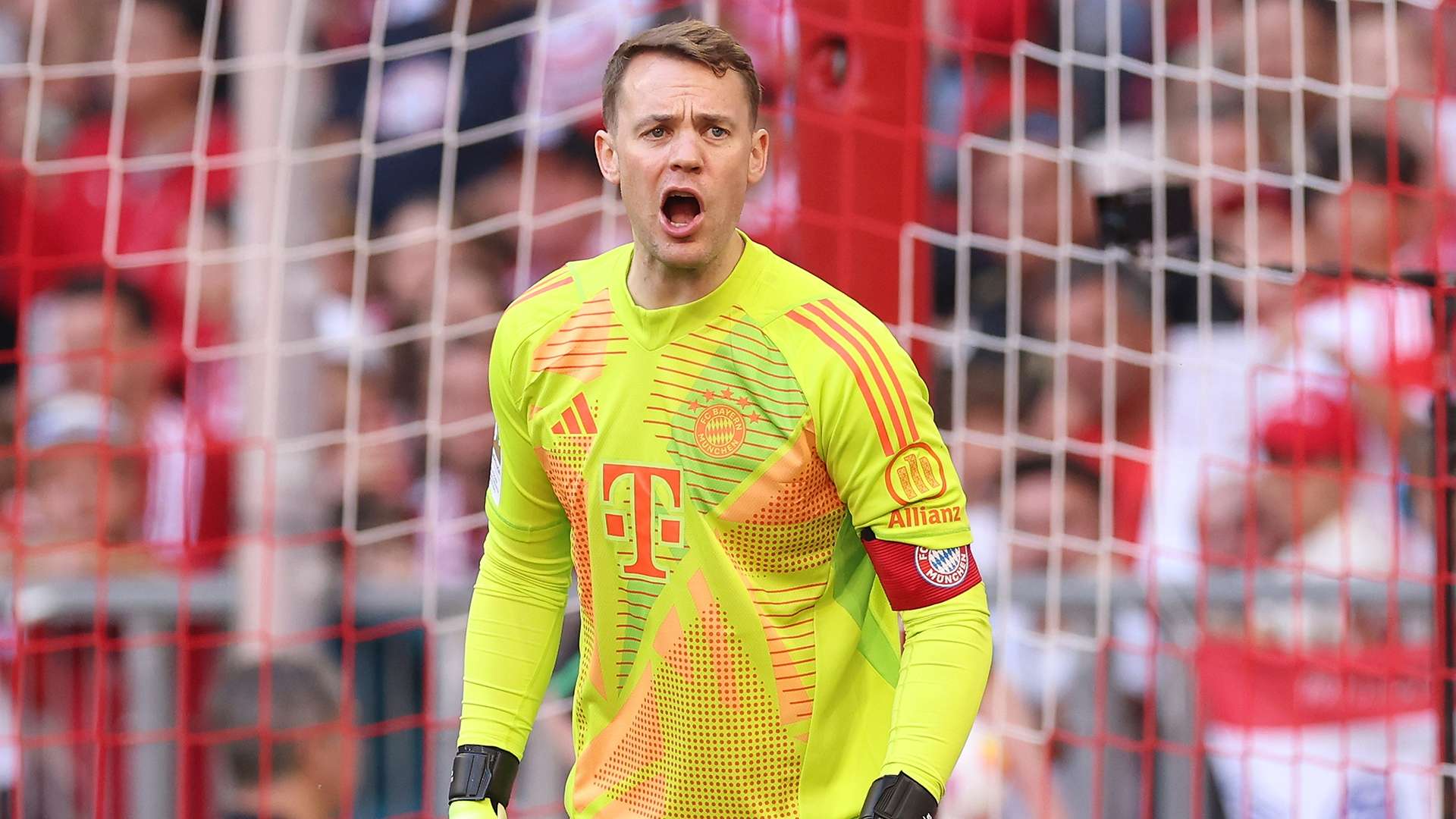


FAST DOWNLOAD
It’s no secret that the Bundesliga has been a one-sided competition over the last 25 years. Bayern Munich have won the title a staggering 17 times, with 11 of those triumphs coming in succession between 2012 and 2023, and, as such, they’re automatically installed as favourites heading into every new season.
That kind of superiority has not been seen in any of Europe’s other four major leagues, which has led to the Bundesliga being written off as the weakest in some circles. Bayern always have the best players, with many of them often joining from their domestic rivals, who simply cannot compete with the Bavarian club’s financial might. The Allianz Arena is considered the premier destination for those plying their trade in Germany, and that will probably never change.
However, that doesn’t mean Bayern are the only great club in the Bundesliga, or the only one to have housed superstars at the peak of their powers.
Borussia Dortmund have lifted the Meisterschale on three occasions since the turn of the millennium, while Bayer Leverkusen, Wolfsburg, Stuttgart and Werder Bremen have each tasted success once. Bayern haven’t always had everything their own way, and instant hero status has been bestowed on the few footballers who have managed to inspire their downfall.
But how many of them have made GOAL’s list of the 25 best Bundesliga players of the 21st century so far? And have any of them been unable to unseat Bayern’s finest at the top end of the rankings? All will be revealed below…
-
 DDP
DDP25Lucio
Lucio, was a hulking centre-back with no weaknesses. He was quick for a big man, had endless stamina, and his galloping runs out of defence (which earned him the nickname The Horse) were an awe-inspiring sight. Leverkusen gave Lucio the platform to prove himself in Europe when prising him away from Internacional in January 2001, and he quickly became their all-conquering leader, inspiring a surprise run to fourth-place in the Bundesliga. His first full season at Bay Arena was even more impressive as Leverkusen came agonisingly close to winning everything.
The Brazilian even scored a bullet header in the Champions League final, but Leverkusen ended up losing to Real Madrid, and also finished runners-up in the DFB-Pokal and Bundesliga. Lucio stayed loyal to Leverkusen until 2004, when the lure of Bayern proved too much to ignore, and he helped his new club to a domestic treble in his debut campaign.
Two more league titles followed for Lucio, who was described as “absolutely exceptional in every aspect” by former Bayern boss Felix Magath. Lucio will go down as one of the all-time great ball-playing defenders, and Bundesliga audiences were fortunate to witness the prime years of his career.
-
 AFP
AFP24Mario Gomez
Gomez wasn’t a skillful player, and often saw his work-rate questioned, but there was no denying he was an expert poacher with razor-sharp instincts in the box. He could finish with both feet and excelled in the air, which also helped him to emerge as an accomplished target man.
Bayern put those skills to great use between 2009 and 2013, as Gomez scored 113 goals on his way to earning four domestic titles and a Champions League winners’ medal. But the most satisfying triumph of Gomez’s career was surely the Bundesliga crown he won with an unfancied Stuttgart side in 2006-07.
He scored 14 goals in 25 appearances to help Stuttgart get over the line, and received a hero’s welcome when he returned to the club for a second stint in 2018. Gomez also enjoyed a short but productive spell at Wolfsburg, and finished his career with a hugely impressive 170 Bundesliga goals.
-
 AFP
AFP23Mario Gotze
Famously dubbed the ‘German Messi’ by Franz Beckenbauer, Gotze enjoyed a rapid rise to prominence at Borussia Dortmund, making his first-team debut at 17. He went on to play a central role in BVB’s back-to-back Bundesliga triumphs under Jurgen Klopp, and stood out with his flawless technique.
Gotze could play on either wing, in central midfield or as a false nine, and his nimble footwork and eye for a killer pass often left supporters in awe. Bayern triggered his €37 million (£30m/$40m) release clause in the summer of 2013, which made him the most expensive German player ever at the time, and he hit 15 goals in his debut season at Allianz Arena.
Bayern never really saw the best of Gotze consistently, though. Gotze went into a steep physical decline at a young age, which led Bayern to sell him back to Dortmund, and he was unable to recapture his best form at Westfalenstadion. Now 32, Gotze is plying his trade at Eintracht Frankfurt, having adapted his game successfully to remain at a high level, and was a key figure in the club’s run to the 2022-23 DFB-Pokal final with five assists in six games.
-
 AFP
AFP22Edin Dzeko
Dzeko is best known for his time in the Premier League with Manchester City, and has also been a potent marksman for the likes of Roma, Inter and Fenerbahce, but he forged his reputation at the Volkswagen Arena in Wolfsburg.
The Bosnian ace hit 85 goals across four seasons for Die Wolfe, including 26 in their historic 2008-09 campaign. Wolfsburg stormed to their first-ever Bundesliga crown as Dzeko forged an incredible partnership with Brazilian striker Grafite, with both players scoring a brace in a thumping 5-1 home win over Bayern.
Dzeko also won the Golden Boot the following season and made it into the Bundesliga Team of the Year twice. At times, Wolfsburg’s prized asset was unplayable as he combined raw power with finesse, proving to be one of the bargains of the century after his initial €4m move from Czech outfit Teplice.
-
 DDP
DDP21Ailton
Ailton spent the first five years of his career in South America before joining Werder Bremen in 1998, and it took him some time to adjust to the intensity of the German top flight. But he started ascending to new heights after the turn of the millennium and became Werder’s main source of goals and assists.
In 2003-04, the stocky Brazilian found the net 34 times in all competitions, with 28 of those efforts coming in the Bundesliga. Wolfsburg won the double for the first time on the back of Ailton’s outstanding performances, and he subsequently became the first foreigner to win Germany’s Footballer of the Year prize.
Schalke then came calling, and Ailton scored 20 goals in 44 appearances at Vetlins-Arena to further enhance his legacy. Ailton didn’t look after his body well enough to stay at the top level for long, but at his peak he was a quick and ruthless striker who always brought box-office entertainment.
-
 AFP
AFP20Jamal Musiala
Bayern knew they had signed a gem when Jamal Musiala left Chelsea to join his family in Munich back in 2019, but they could scarcely have imagined just how quickly he would surge to prominence. Musiala made his Bundesliga debut at just 17 years and 115 days in June 2020, becoming the youngest player to ever feature for Bayern in the competition, and became their youngest goal-scorer of all-time with a strike against Schalke on the opening day of the 2020-21 season.
Those record-breaking feats put a huge spotlight on Musiala, but he’s shown a maturity far beyond his years to deal with the pressure. Musiala’s breakthrough season came in 2022-23 as he posted 32 goal involvements in 47 appearances across all competitions, while operating in several different positions across the frontline.
The fleet-footed Germany international can wreak havoc between the lines and rarely makes the wrong decision in the final third. He’s now the man Bayern rely on to open up defences with an incisive pass or dizzying run, despite the fact he’s still only 21, and the former Chelsea starlet could become a genuine Ballon d’Or contender if he stays on his current trajectory.
-
 Getty Images Sport
Getty Images Sport19Giovane Elber
Giovane Elber joined Bayern in 1997 as a proven force in the Bundesliga after a prolific three-year spell at Stuttgart. The step up to one of the world’s biggest clubs didn’t faze the Brazilian, who was a larger than life personality with magic in his boots.
Bayern won seven trophies during Elber’s time at the club, five of which came after the turn of the century. He was the hero in Bayern’s 2001 Champions League semi-final triumph over Real Madrid, scoring in both legs, and his final season at the club cemented his status as an icon as he led the way in securing another domestic double in 2002-03, finishing as top scorer in the Bundesliga with 21 goals.
Elber was a master at keeping the ball close to his feet and a ruthless finisher with bags of pace. Former Bayern general manager Uli Hoeness summed up his impact on the club perfectly: “He’s a fabulous lad, a super chap with a healthy dose of cunning. The folk out there love him.”
-
 Getty Images Sport
Getty Images Sport18Florian Wirtz
Wirtz’s first three years in the Leverkusen first-team were encouraging, but his progress stalled after an ACL injury in March 2002, which forced him onto the sidelines for 10 months. Few would have expected the midfielder to return in even better physical and mental shape after such a blow, but that’s exactly what he did, emerging as Xabi Alonso’s most valuable asset in the most successful season in Leverkusen’s entire history.
Leverkusen romped to the Bundesliga title without losing a single match and lifted the DFB-Pokal, while also making it through to the Europa League final, with Wirtz racking up 38 goal contributions along the way. Wirtz has the ability to decide games on his own, whether by weaving his way through defences, finding the top corner from 25 yards or putting the ball on a six-pence for a team-mate to finish.
The 21-year-old is deadly when receiving the ball on the turn and spots openings on the pitch that other mere mortals do not. Leverkusen’s form has dipped slightly in 2024-25, but Wirtz’s level hasn’t, and it’s likely all the top clubs in Europe will be queuing up for his signature next summer.
-
 AFP
AFP17Toni Kroos
Toni Kroos will mainly be remembered as a Real Madrid legend, having won five of his six Champions League crowns at Santiago Bernabeu, but he was made in Bavaria. He burst onto the scene at Bayern as a 17-year-old, registering two assists on his Bundesliga debut off the bench, and ended his first season with 20 appearances in all competitions.
Regular minutes did not come Kroos’ way after that, though, and Bayern sent him on loan to Leverkusen in 2009-10 to play under Heynckes, who was able to unlock his full potential. The pair reunited at Bayern in 2011 and Kroos was immediately given a starring role as the orchestrator in the team.
Incredibly, Bayern finished as runners-up in the Bundesliga, DFB-Pokal and Champions League in 2011-12, but came back the following season to win all three competitions, with Kroos’ brilliance underpinning their success.
In terms of pure footballing intelligence and technical quality, Kroos was unmatched by that stage, as Guardiola also asserted after getting the chance to work with him following Heynckes’ departure.
-
 DDP
DDP16Miroslav Klose
Klose left a lasting legacy on the international game, reaching the top of Germany’s all-time scoring charts while also setting the record for the most goals ever scored at the World Cup (16). He didn’t make quite the same monumental impact at club level, but Klose was never anything less than a constant menace to defences across the Bundesliga and Champions League.
A late bloomer, Klose didn’t even score his first top-flight goal until he was 22, having started out at FC Homburg before joining Kaiserslautern. But by the time his four-year stint at Fritz-Walter-Stadion has ended, he had 52 goals to his name, and he was even more prolific after moving to Werder in 2004, scoring 63 times in 132 appearances for the club.
That convinced Bayern to swoop for Klose, and even though he was used mainly as a backup striker behind Gomez and Luca Toni, he still netted 53 goals, and created a further 27. Klose was a clever striker; his timing in the penalty area was impeccable and he held the ball up brilliantly. He may have saved his best displays for Germany, but Klose still deserves to be remembered as a Bundesliga legend.
-
 AFP
AFP15Claudio Pizarro
Claudio Pizarro was nicknamed Bayern’s ‘Bomber of the Andes’ – a nod to all-time great Muller – during his first spell at the club between 2001 and 2007, which was more than fitting. The Peruvian marksman hit 101 goals across those six seasons, becoming the highest-scoring foreigner in Bundesliga history.
A real fox-in-the-box who also thrived as a link-man, Pizarro was a complete centre-forward with an imposing physical frame that made him a nightmare for defenders. He was a popular figure in the dressing room, too, and Bayern jumped at the chance to bring him back for a second stint at the Allianz Arena in 2012.
Pizarro was only given an initial one-year deal, but soon earned an extension, famously scoring a 33-minute hat-trick in a Champions League group-stage clash with Lille. Bayern would eventually clinch the treble in 2012-13, with Pizarro racking up 21 goal contributions to further enhance his standing as a fan favourite. “He was one of the most talented players I have ever seen,” former Bayern Munich captain Philipp Lahm has said of Pizarro’s impact at the club. “A brilliant, magnificent footballer – it was a pleasure to play together with him.”
Pizarro also enjoyed three separate stints at Werder, scoring another 153 goals, including four in five games during their surprise run to the 2008-09 DFB-Pokal crown.
-
 Getty Images
Getty Images14Joshua Kimmich
Joshua Kimmich is the footballing equivalent of a chameleon. He can play in almost any defensive or attacking role and often goes under the radar because of his flawless work. Bayern have nurtured the German’s unique talents perfectly since his breakthrough into the first team, gradually trusting him with more responsibility year after year, which he has never shirked.
Flick even suggested Kimmich could become “the world’s best player” in 2021, and though he’s not quite lived up that billing, it’s fair to say no other player is more important to the Bayern set-up. Kimmich has an engine that never cuts out, and his distribution skills have been invaluable.
Bayern are now at risk of losing Kimmich, with his contract set to expire next summer, and replacing him will be an impossible task. He may not get the headlines very often, but Kimmich has provided the foundation for Bayern’s dominance of German football over the last 10 years.
-
 AFP
AFP13Thiago Alcantara
When Guardiola took the managerial reins at Bayern in 2013, one of his first orders of business was to convince Thiago Alcantara to follow him to Germany from Barcelona. Bayern’s €25m (£21.6m) purchase of the Spaniard turned out to be a major coup as he finally stepped out of the shadow of Barca’s talismanic duo of Xavi and Andres Iniesta to prove himself as one of the best midfielders in the business in his own right.
Thiago became the heartbeat of the Bayern side under Guardiola, a masterful ball manipulator who dictated the pace of games with his passing. He was adept at breaking up play and his press resistance forced the opposition into retreat, with Bayern usually dominating possession from the first minute to the last thanks to his genius.
Guardiola’s eventual departure to Manchester City didn’t derail Thiago either. The ex-Barcelona star continued to thrive under Carlo Ancelotti and Nico Kovac, the latter of whom described him as a “coach’s dream”, and he was integral to Bayern’s treble success with Flick at the helm. Bayern probably should have done more to keep Thiago away from Liverpool at the end of that season, having not made it back to the Champions League final since.
-
 Getty Images Sport
Getty Images Sport12Oliver Kahn
Oliver Kahn’s final eight years on Bayern’s books cemented his standing as not only the best goalkeeper in Germany, but also the entire planet. He won six Bundesliga titles and the Champions League between 2000 and 2008, coming third in the vote for the Ballon d’Or twice along the way and earning the label ‘King Kahn’.
Bayern seemed impenetrable when Kahn was at his very best. The eccentric German commanded his box like a general and set an outstanding example to his team-mates with his courage and athleticism between the sticks.
In addition to being a brilliant shot-stopper, Kahn excelled in one-on-one situations and his lightning fast reflexes bailed out Bayern on countless occasions. He was Bayern’s unchallenged No.1 right up to the day of his retirement at 38 and the embodiment of the club’s never-say-day attitude.
-
 (C)Getty Images
(C)Getty Images11Mats Hummels
Hummels graduated from Bayern’s academy before joining Dortmund in 2009, and spent the next seven years helping BVB push his boyhood club for supremacy over the German footballing landscape. BVB won five trophies during that period, with Hummels even bagging a goal in their 5-2 DFB-Pokal final win over Bayern in 2012.
Bayern made it a priority to bring Hummels back in 2016, eventually agreeing a reported £30m deal with Dortmund, and he took his tally of Bundesliga titles to five at Allianz Arena, but his powers appeared to be on the wane by the end of the 2018-19 season. Despite those signs of wear and tear, BVB took the chance to re-sign Hummels from their arch-rivals, which turned out to be a masterstroke.
Hummels provided the backbone for Dortmund’s run to the 2021 DFB-Pokal – their first trophy in five years – and he repeated the trick in the Champions League last season. The 35-year-old rolled back the years as BVB defied all the odds to make it through to the final, and it was a real shame to see him come out on the losing side against Carlo Ancelotti’s insatiable Real Madrid, because that is still the only trophy missing on the CV of a defender who will go down as a true master of his craft.
-
 Getty
Getty10David Alaba
“David Alaba is our God,” Guardiola declared after deploying the Austrian in several different positions for Bayern at the start of the 2014-15 season. Alaba was fully capable of delivering top-class performances as a left-back, left-winger and central midfielder for Bayern, but it was at centre-half where he truly excelled.
Bayern could count on Alaba to break through the lines with his progressive passing and dribbling, and his clever positioning always ensured that any counter-attacks were quickly snuffed out. Alaba has never been the tallest defender at 5ft 10in, but that wasn’t a weakness for Bayern because he made up for it with a tremendous leap and superb positional sense.
He won 10 Bundesliga titles and two Champions Leagues in his 11-year stay at the Allianz Arena, and no one at the club could begrudge him for wanting to try something new at the end of the 2020-21 season. Real Madrid have enjoyed similar success since signing Alaba, but he gave the best years of his career to Bayern.
-
 DDP
DDP9Michael Ballack
Michael Ballack was the most sought-after player in Europe after his near-historic 2001-02 season for Leverkusen, which saw him involved in 36 goals across all competitions. Real Madrid were among those to push for his services, but the all-action midfielder ultimately chose to swap BayArena for the Allianz. That decision paid off as Ballack won three league and cup doubles at Allianz Arena, hitting his peak in the 2005-06 campaign.
Fondly dubbed ‘The Little Kaiser’ by supporters, Ballack possessed many of the same qualities as Beckenbauer in his prime, including a natural air of authority and stoicism. He was a relentless ball-winner with an exceptional passing range and a rocket of a right foot, with a large number of his goals for Bayern coming from long range.
Ballack was named Germany’s Footballer of the Year twice during his time at Bayern, which was a deserved reward for his influence. Even though Champions League success always eluded him, Ballack was Bayern’s most consistent performer across his four years at the club and left a lasting mark.
-
 Getty Images
Getty Images8Arjen Robben
Arjen Robben arrived at Bayern in 2009 with a reputation as something of a prima donna, having only sparkled sporadically in his previous spells at Real Madrid and Chelsea. Bavaria proved to be Robben’s spiritual home, though, as he finally added the consistency to his game that had been lacking, hitting 23 goals in his debut campaign.
The dazzling Dutchman would score another 121 goals for Bayern, including a stunning, opportunistic effort against Borussia Dortmund that won his team the Champions League at Wembley in 2013. That was actually one of the rare occasions Robben found the net from a central area, as he was best known for cutting in from the right wing and curling the ball into the far corner with his wand of a left foot.
It was remarkable how often that signature move came off for Robben despite his intentions being telegraphed, and it gave Bayern the edge in so many games, but he was more than just a one-trick pony. Robben could deliver teasing crosses even when running at near full speed and was also a set-piece expert who racked up over 100 assists for the club. To put it simply: Robben was Bayern’s most deadly weapon.
-
 Getty
Getty7Marco Reus
Most casual fans may not know that Reus began his senior career at Rot Weiss Ahlen, after failing to make it out of the Dortmund academy. He went on to join Borussia Monchengladbach in 2009, and quickly established himself as one of the most exciting players in the Bundesliga. Reus registered 69 goal involvements in three seasons at Gladbach, leading Dortmund to realise they’d made a mistake letting him go so soon.
Reus returned to Westfalenstadion as German Footballer of the Year in the summer of 2012, and instantly became one of Klopp’s key players. Dortmund came agonisingly close to winning a Bundesliga and Champions League double in Reus’ first season, and he notched 19 goals, but Bayern pipped them to the finishing line in both competitions.
Heartbreak continued for Reus over the next 11 years, with BVB blowing the Bundesliga title on the final day of the 2022-23 season and just missing out on Champions League glory again last term. He’s also had to battle back from tearing his ACL, among a host of other injuries that prevented him from building up a proper rhythm for much of his Dortmund career.
But all of those setbacks just made what Reus did achieve all the more remarkable; he left the club with two DFB-Pokal titles, and 301 goal contributions in 429 appearances. Had it not been for bad luck, Reus would almost certainly be in the top five on this list. He was a gifted attacking midfielder and a natural leader who fully deserved the emotional send-off Dortmund gave him before his summer move to MLS.
-
 Getty Images
Getty Images6Bastian Schweinsteiger
For the best part of 13 years, Bastian Schweinsteiger was the face of Bayern Munich. He initially made his name as a winger, standing out through a combination of agility and technical prowess, but gradually evolved into an all-action central midfielder, with Louis van Gaal the first manager to spot his potential in a box-to-box role.
Schweinsteiger took Bayern to a new level after the switch, setting the tempo with his slick passing while using his supreme powers of anticipation to cut out dangerous attacks at will. Despite being a powerful player with an imposing frame, Schweinsteiger did everything with impeccable grace, and saw the game differently to mere mortals.
His career could have gone differently, after a penalty shootout miss against Chelsea in Bayern’s 2012 Champions League final defeat, but Schweinsteiger also had an unbreakable mentality. He bounced back from that setback to spearhead Bayern’s treble bid, and was bestowed the title of ‘Fußballgott’ (‘Football God’) by fans before his 2015 exit to Manchester United. Never has a nickname been more apt.
-
 Getty
Getty5Philipp Lahm
Philipp Lahm has a strong case to be remembered as the finest right-back to ever grace the pitch, and had Bayern blood running through his veins. Initially joining the club’s academy at the age of 11, Lahm spent 22 years in Bavaria, and picked up 21 major trophies along the way, including eight Bundesliga titles.
Guardiola described Lahm as “the most intelligent player I’ve ever coached”, and he was one of the first players to be used as an inverted full-back as the former Bayern boss reinvented the position during his time at the Allianz. Lahm was majestic whenever he stepped into midfield, but was at his most dangerous when making overlapping runs down the right, with his expert delivery often leading to goals for Bayern’s frontline.
Lahm was deceptively strong for a small man, which helped him in both attack and defence, as his powers of recovery often seemed superhuman. After Marc van Bommel’s departure in 2011, Lahm became Bayern captain, which only increased his desire for success, with Scholl remarking after the defender’s eventual retirement in 2017: “In 75 percent of all the games you played in, you were outstanding. And in the other 25 you were world-class.”
-
 (C)Getty Images
(C)Getty Images4Manuel Neuer
When you hear the term ‘sweeper keeper’, Manuel Neuer is the first name that comes to mind. There were others goalkeepers before him who played outside of the penalty area, but the former Schalke man perfected the art after moving to Bayern in 2011, snuffing out danger with unerring confidence while becoming their 11th man in possession.
Neuer could have been a midfielder in another life; he can execute 40 or 50-yard passes effortlessly, displaying unerring composure even when being closed down quickly. The giant German ‘keeper doesn’t just help prevent goals, he helps Bayern score them, and for a long time that gave them an advantage over almost any opponent, especially in the Bundesliga.
In recent years, Neuer’s powers have been on the wane, but that’s to be expected as he edges closer to his 40th birthday. In his heyday, though, Neuer was the perfect all-round goalkeeper. His shot-stopping often defied logic and he exuded confidence to the rest of the Bayern defence, even eclipsing Kahn in terms of overall influence.
-
 Martin Rose/Bongarts/Getty Images
Martin Rose/Bongarts/Getty Images3Franck Ribery
Franck Ribery and Robben’s ‘Robbery’ partnership at Bayern was so effective because of how different they were. Robben mastered a specific routine to become a major asset for Bayern, but Ribery was far more unpredictable, and had more strings to his bow.
The electrifying French forward, who joined Bayern from Marseille in 2007, was a magician with both feet and could glide past defenders at will. Ribery’s touch and control rarely let him down, his intelligent runs drew defenders out of position, and his final ball was exemplary.
Injuries limited Ribery’s impact in the first phase of his Bayern career, but he gradually became more robust to become the club’s chief danger man, leaving supporters in awe with his trickery and ferocious desire to get on the ball and make things happen. Ribery was so influential for Bayern on domestic and European fronts that many put him in the same bracket as Cristiano Ronaldo and Lionel Messi, and he was extremely unfortunate not to pip both men to the Ballon d’Or in 2013.
-
 Getty
Getty2Thomas Muller
Thomas Muller was never blessed with great physical attributes, he’s not a natural dribbler and struggles in one-on-one situations. But in terms of movement off the ball, Muller has always been in a class of his own, describing himself as a “space interpreter” who instinctively knows where to put himself to cause maximum damage.
No player has contributed more to Bayern’s unprecedented success, or to Bundesliga football, over the past 16 years than Muller. He’s scored 246 goals while setting up another 245, and now sits top of the club’s all-time appearances list. That’s an unbelievable record, but Muller’s effect at the Allianz cannot be quantified by numbers alone.
Even as he edges towards retirement at the grand old age of 35, Muller is still impossible to pin down. There is no blueprint to play against the German icon, who has endeared himself to fans everywhere with his carefree nature and infectious enthusiasm for the game.
At his peak for Bayern, Muller was unstoppable, and he’s never been anything less than a constant menace. Muller is one of a kind, and the world of football will be far less colourful when he decides to hang up his boots.
-
 Getty
Getty1Robert Lewandowski
Borussia Dortmund had emerged as a genuine threat to Bayern’s position at the top of German football thanks to Robert Lewandowski’s exploits in front of goal during the early 2010s, so the Bavarians made it their mission to prise him away from Westfalenstadion. The Polish frontman finally completed his long-awaited switch in July 2014, after scoring 103 goals in the iconic yellow and black jersey, leaving a void in the Dortmund squad that could not be filled. There would be no mercy for his former club either, as he proceeded to fire Bayern to eight successive Bundesliga titles.
Lewandowski hit a staggering 55 goals in all competitions as Bayern completed a clean sweep of domestic and European silverware in 2019-20, only to miss out on an almost-certain Ballon d’Or win due to the Covid-19 pandemic. He reacted to that disappointment by smashing the record for the most goals scored in a single Bundesliga season (41), despite only playing 29 games in 2020-21, and he also won the European Golden Shoe for the first time in his career.
When he eventually decided to depart for Barcelona in 2022, Lewandowski did so with 344 goals to his name from 375 games for Bayern. Those staggering numbers put him right on the coattails of Messi and Ronaldo. His all-round game didn’t quite match up to those two players, but Lewandowski became the ultimate finishing machine at the Allianz, and deserved way more credit.
-
-
-

Share This Post: Gurutrends.com.ng
- Click to share on Facebook (Opens in new window)
- Click to share on WhatsApp (Opens in new window)
- Click to share on Telegram (Opens in new window)
- Click to share on X (Opens in new window)
- Click to share on Pinterest (Opens in new window)
- Click to share on LinkedIn (Opens in new window)
- Click to share on Tumblr (Opens in new window)
- Click to share on Reddit (Opens in new window)
- Click to share on Twitter (Opens in new window)
- More

















































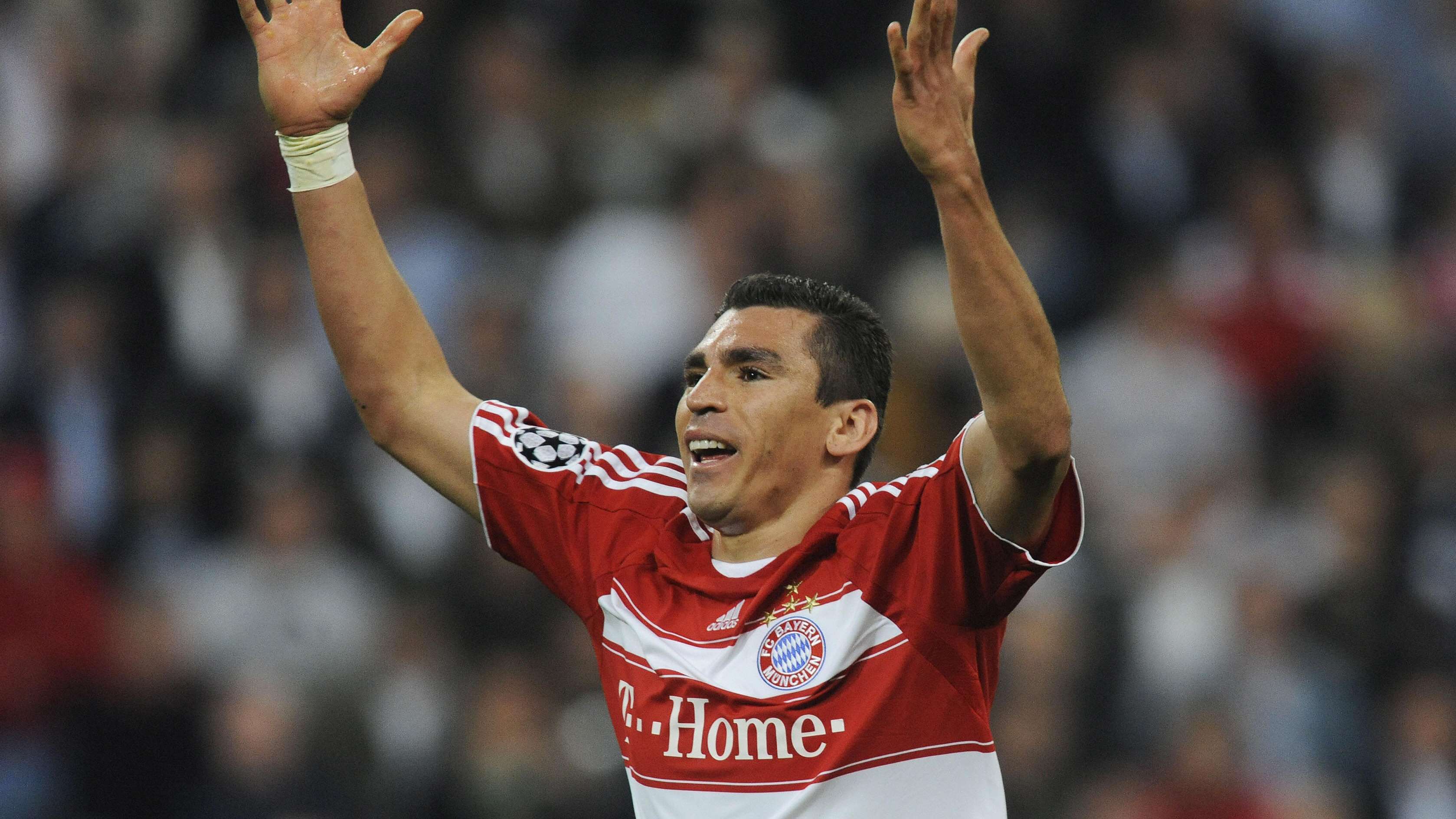
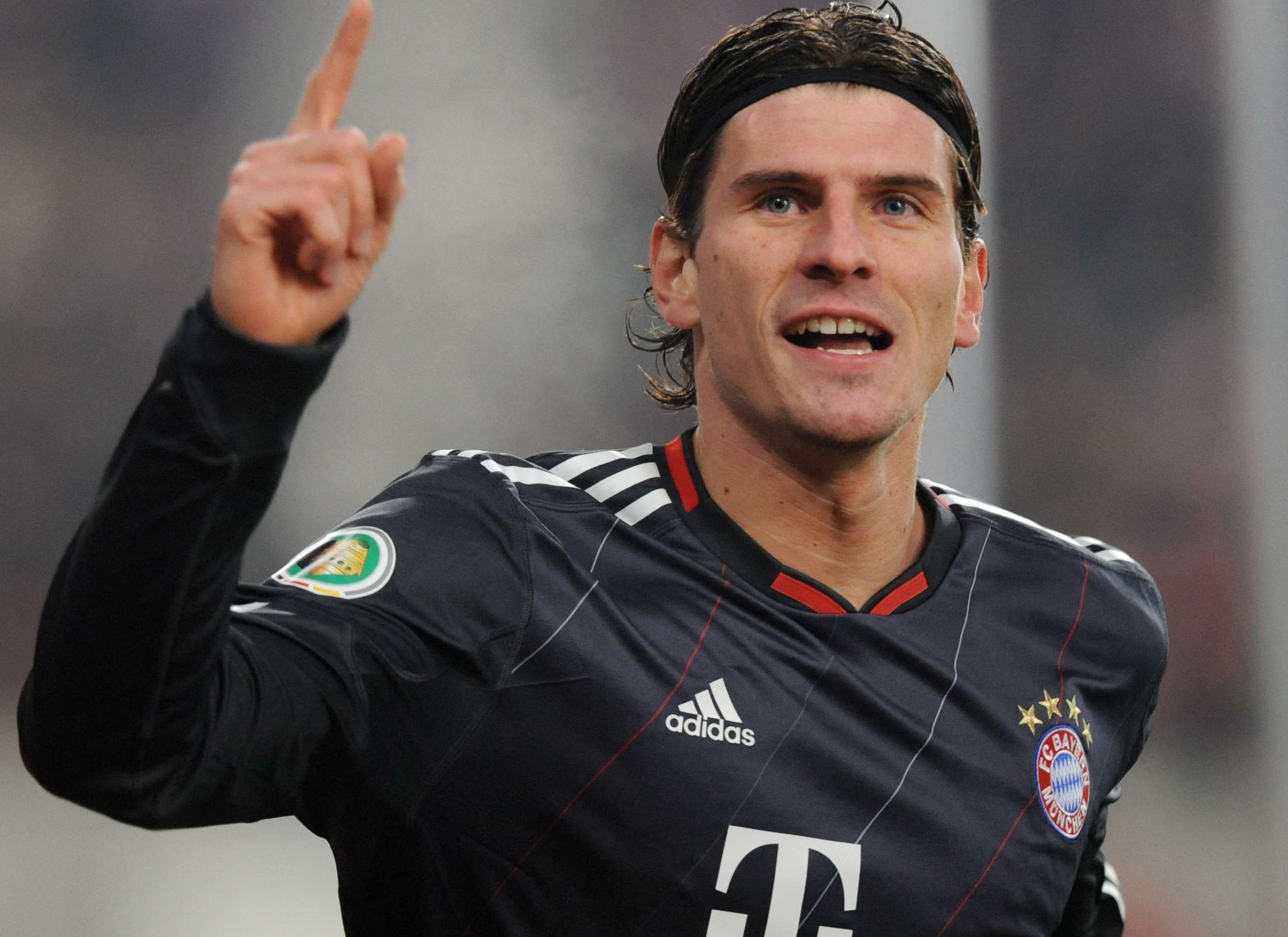
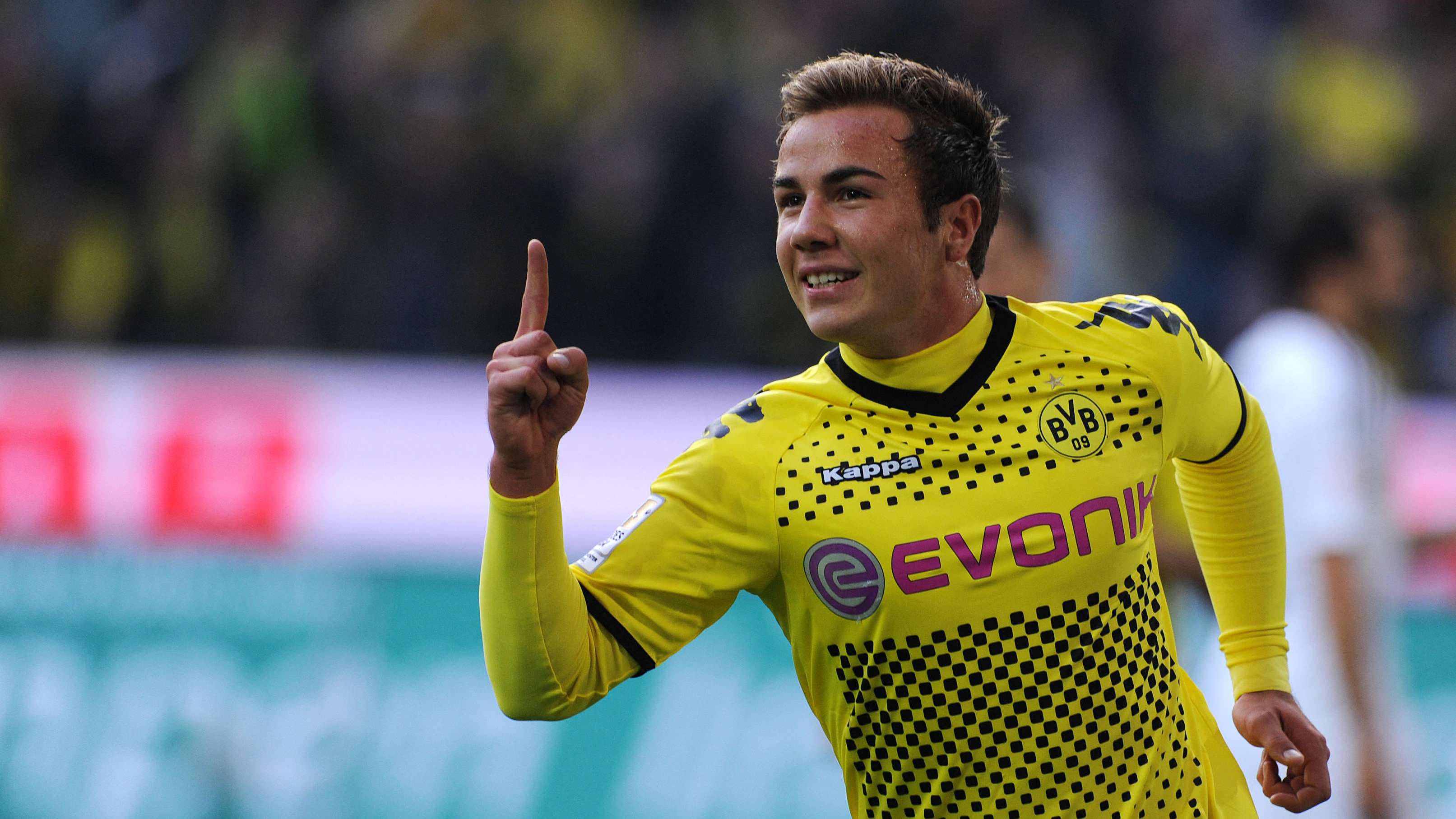
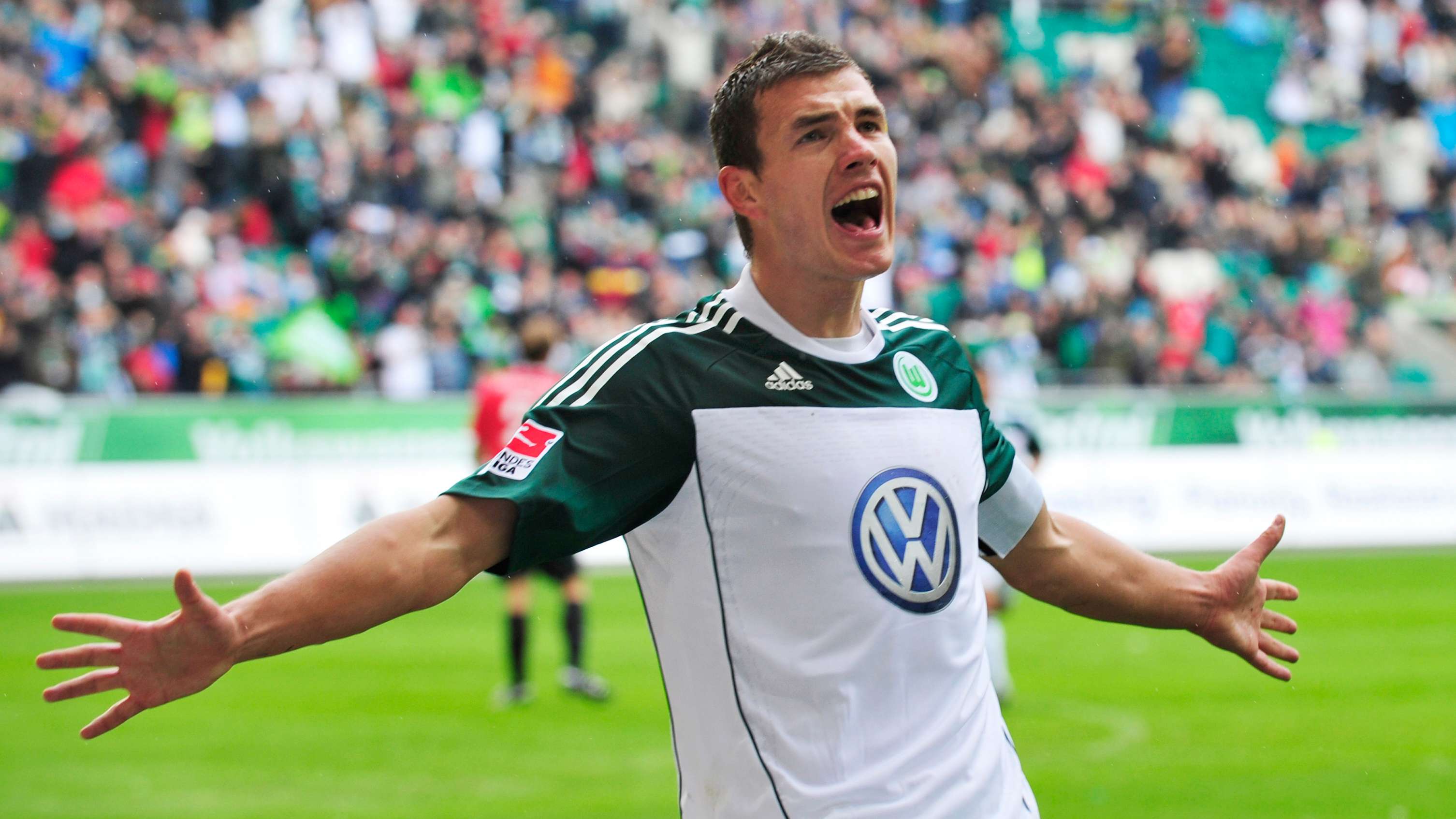
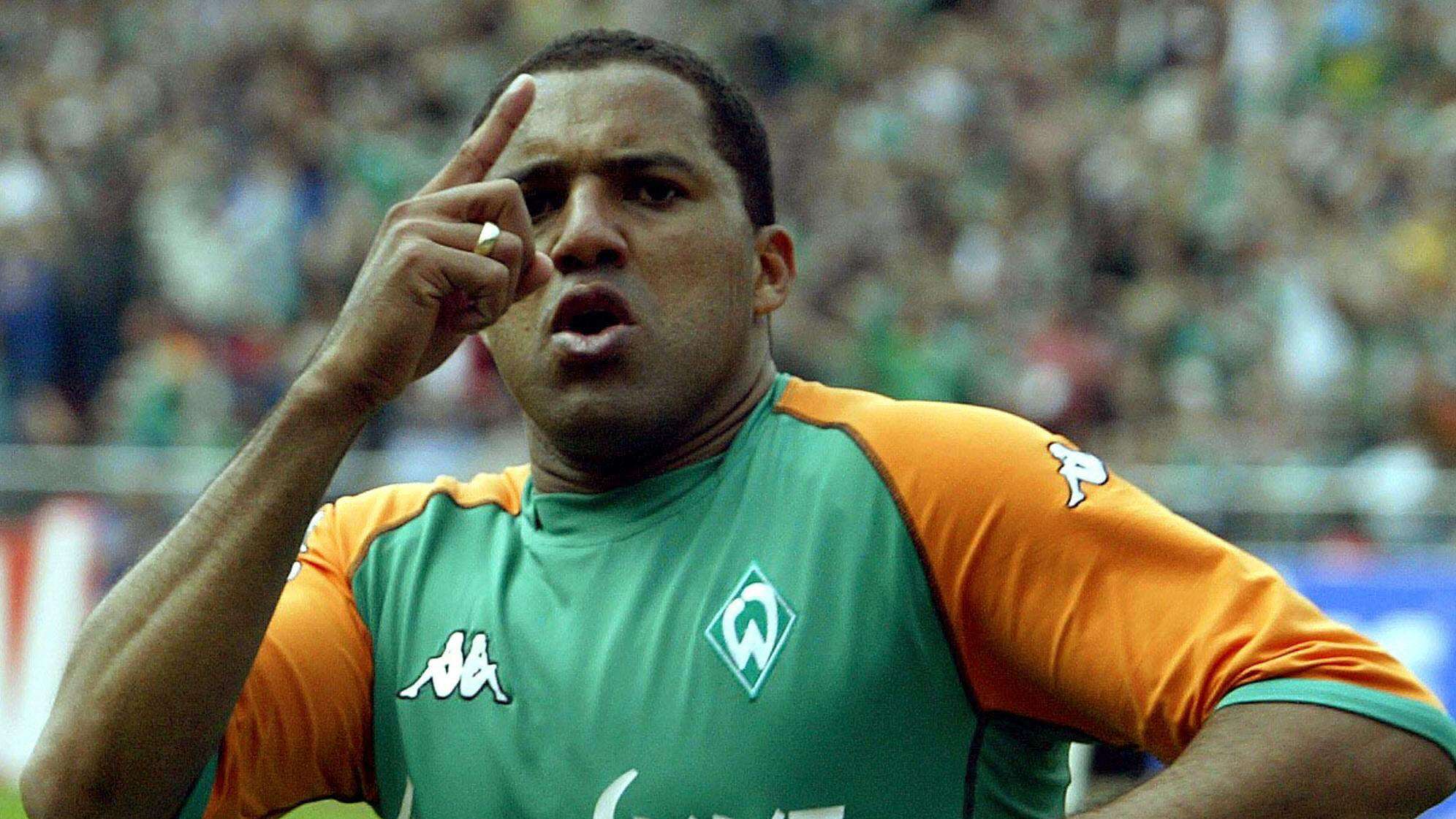
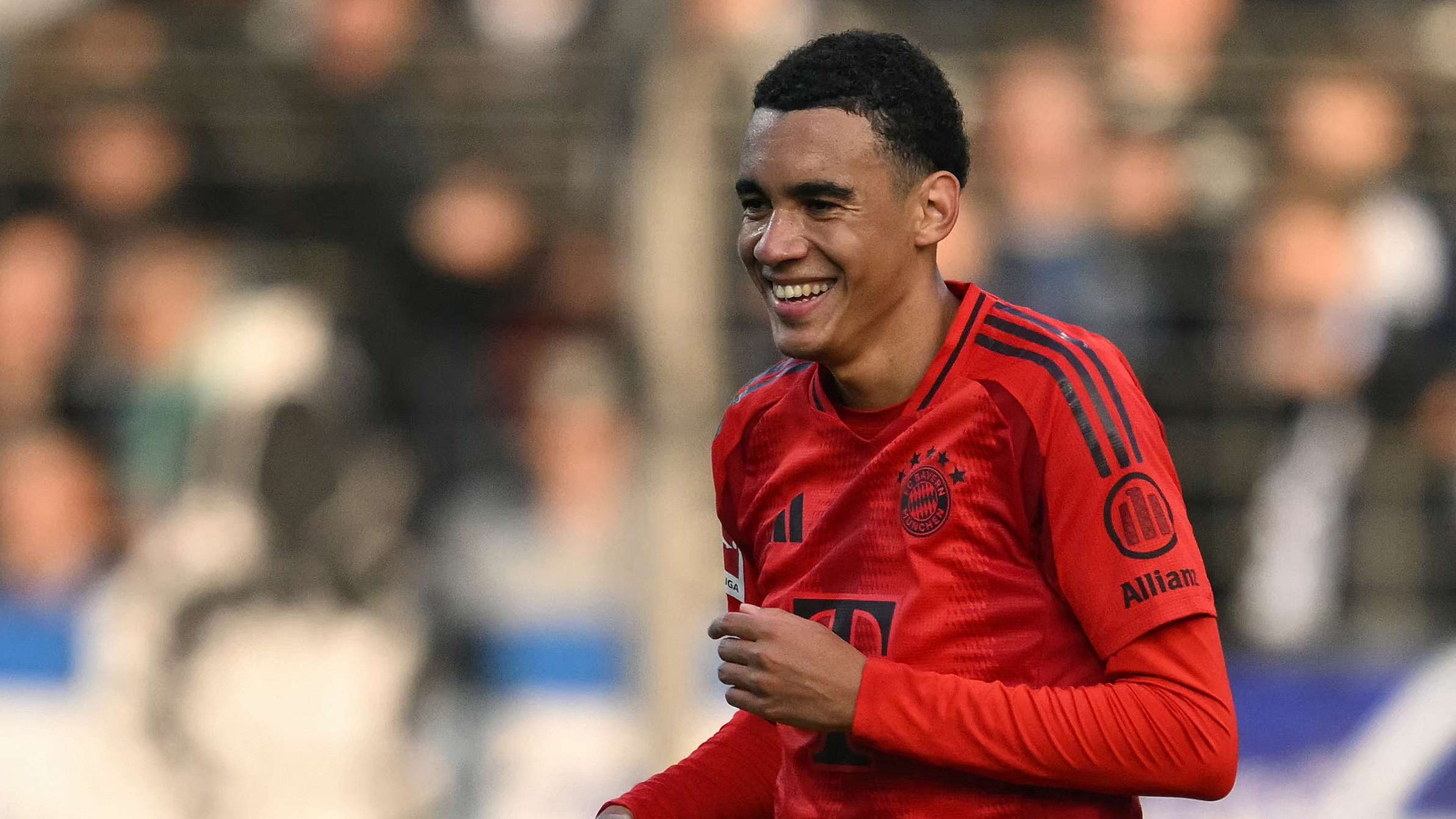
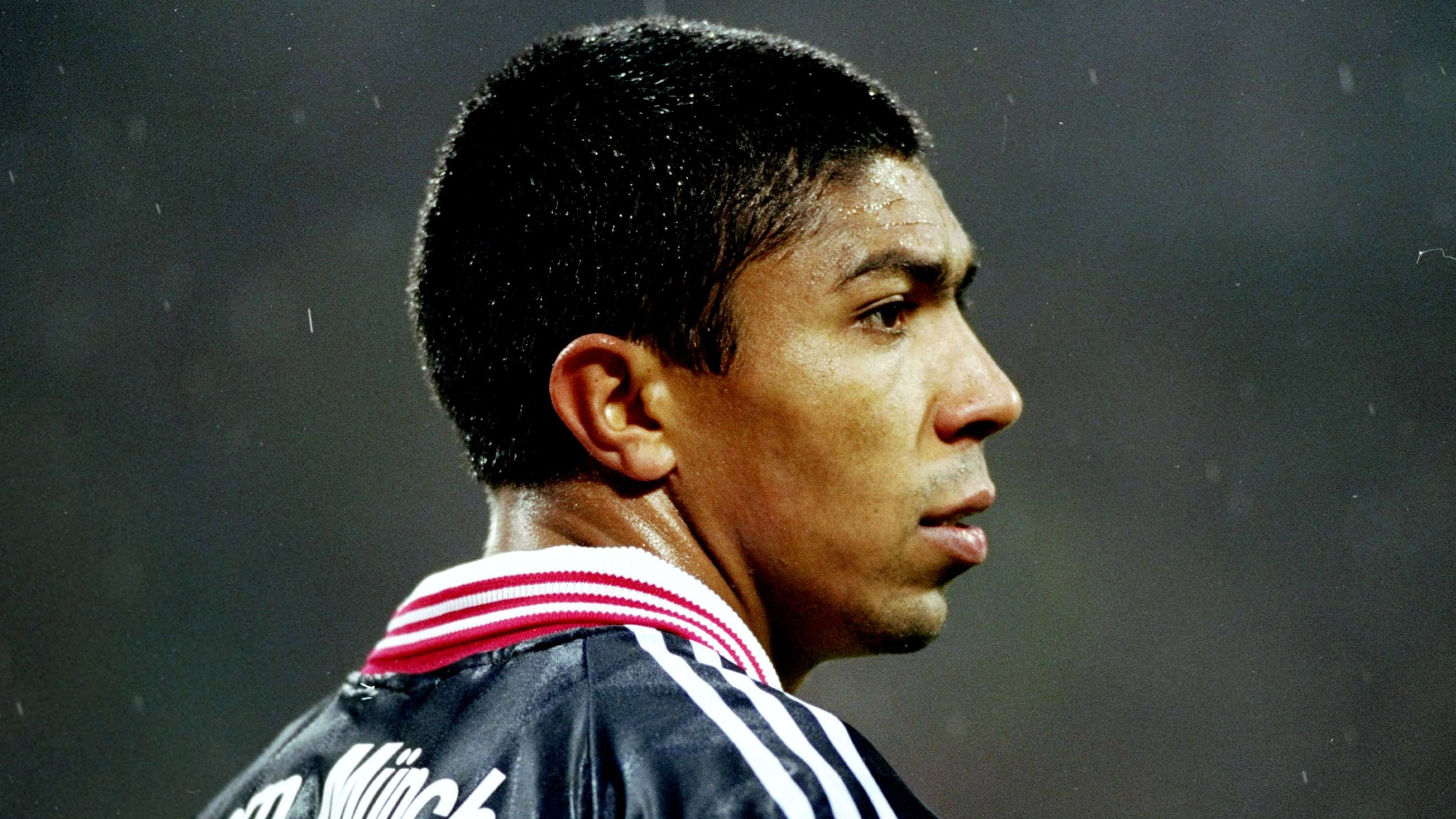

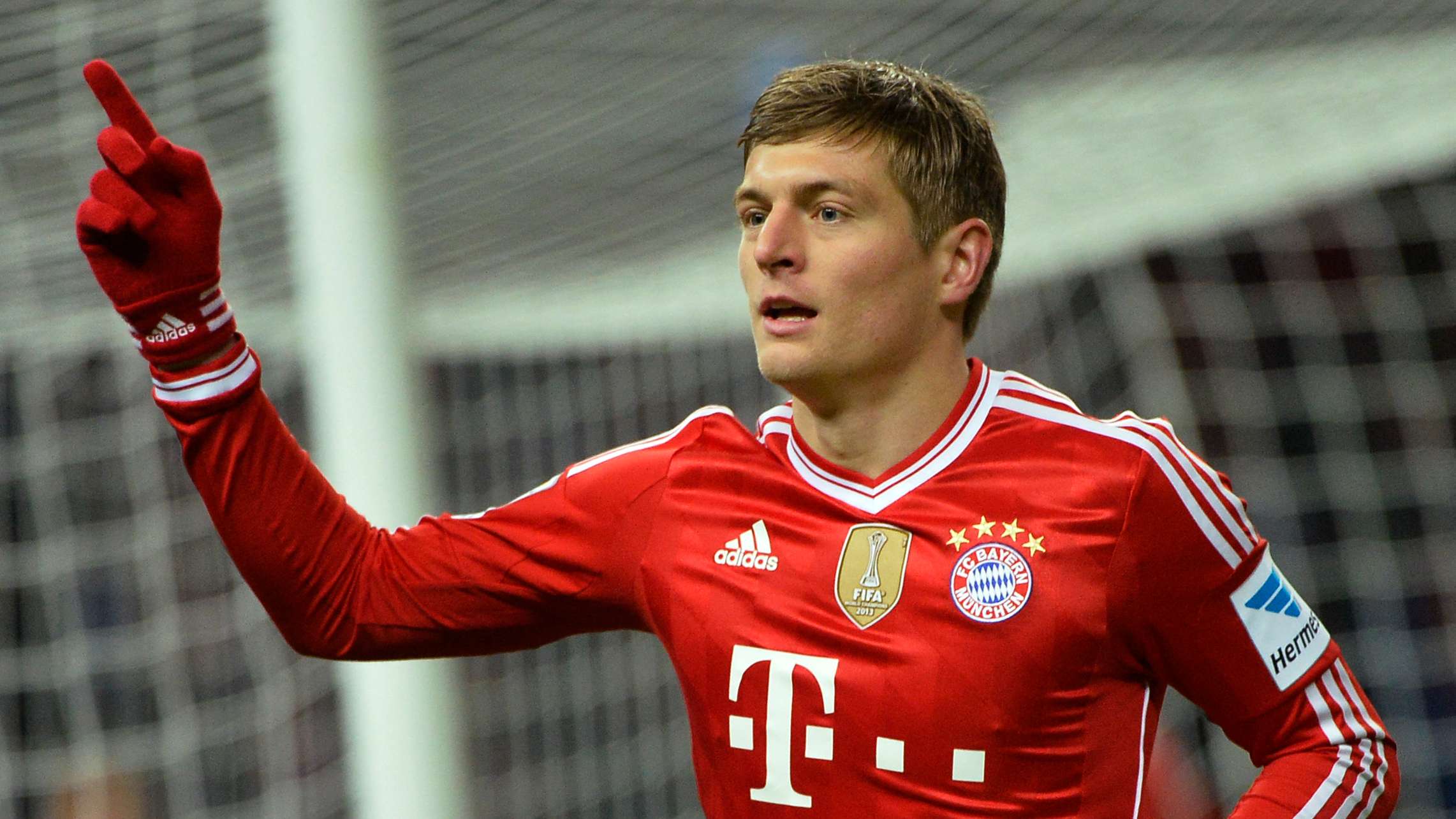
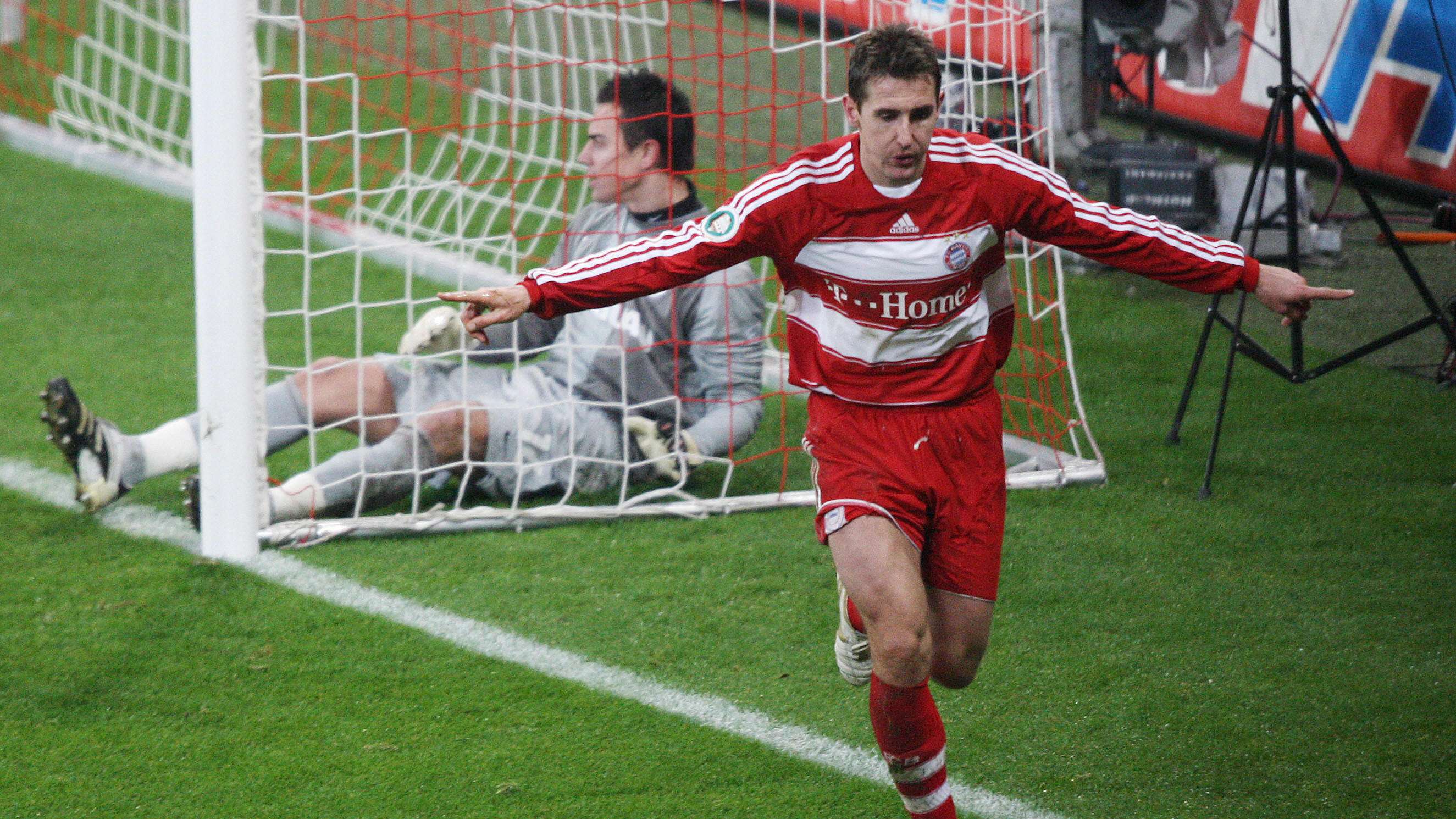
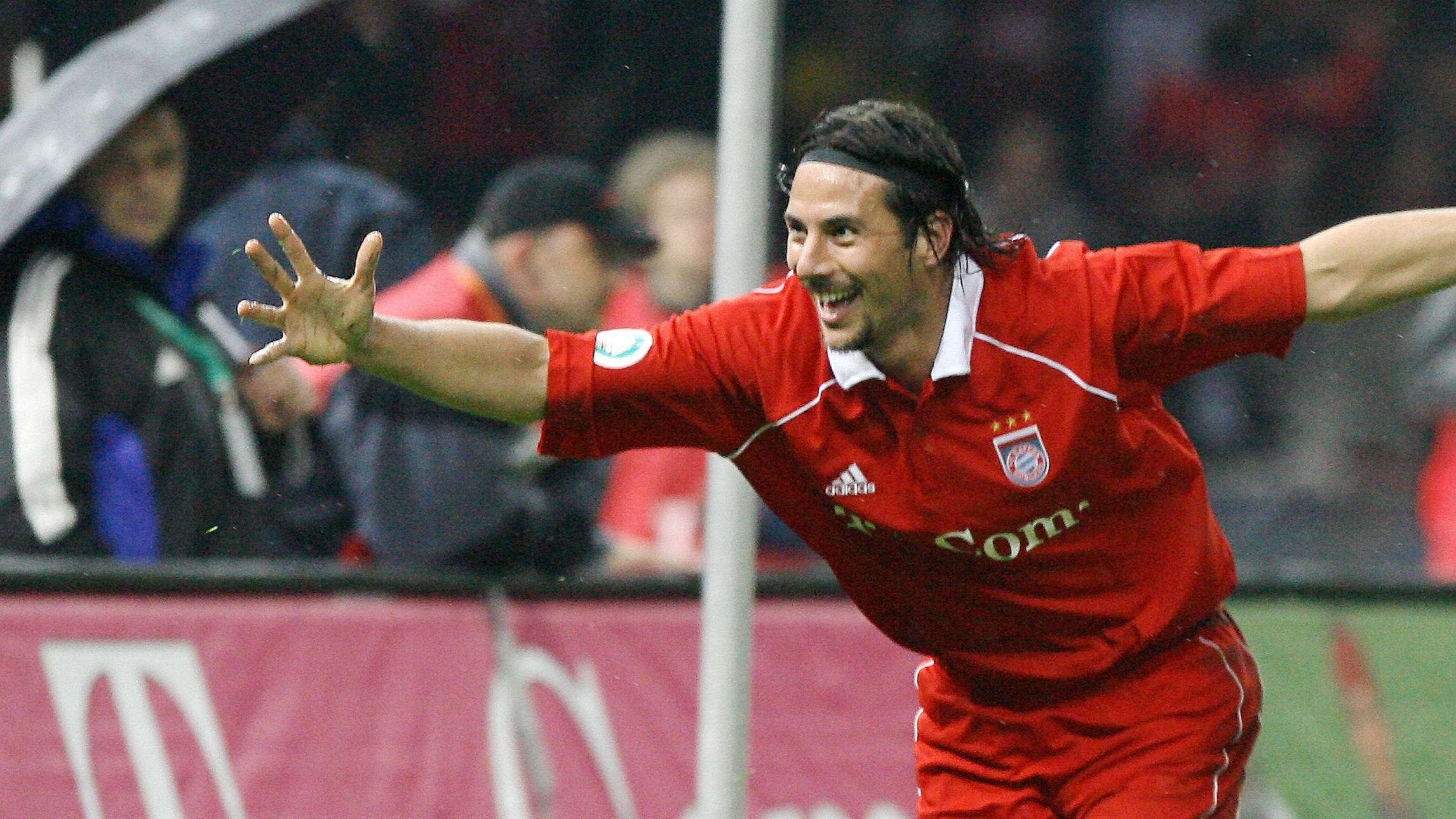
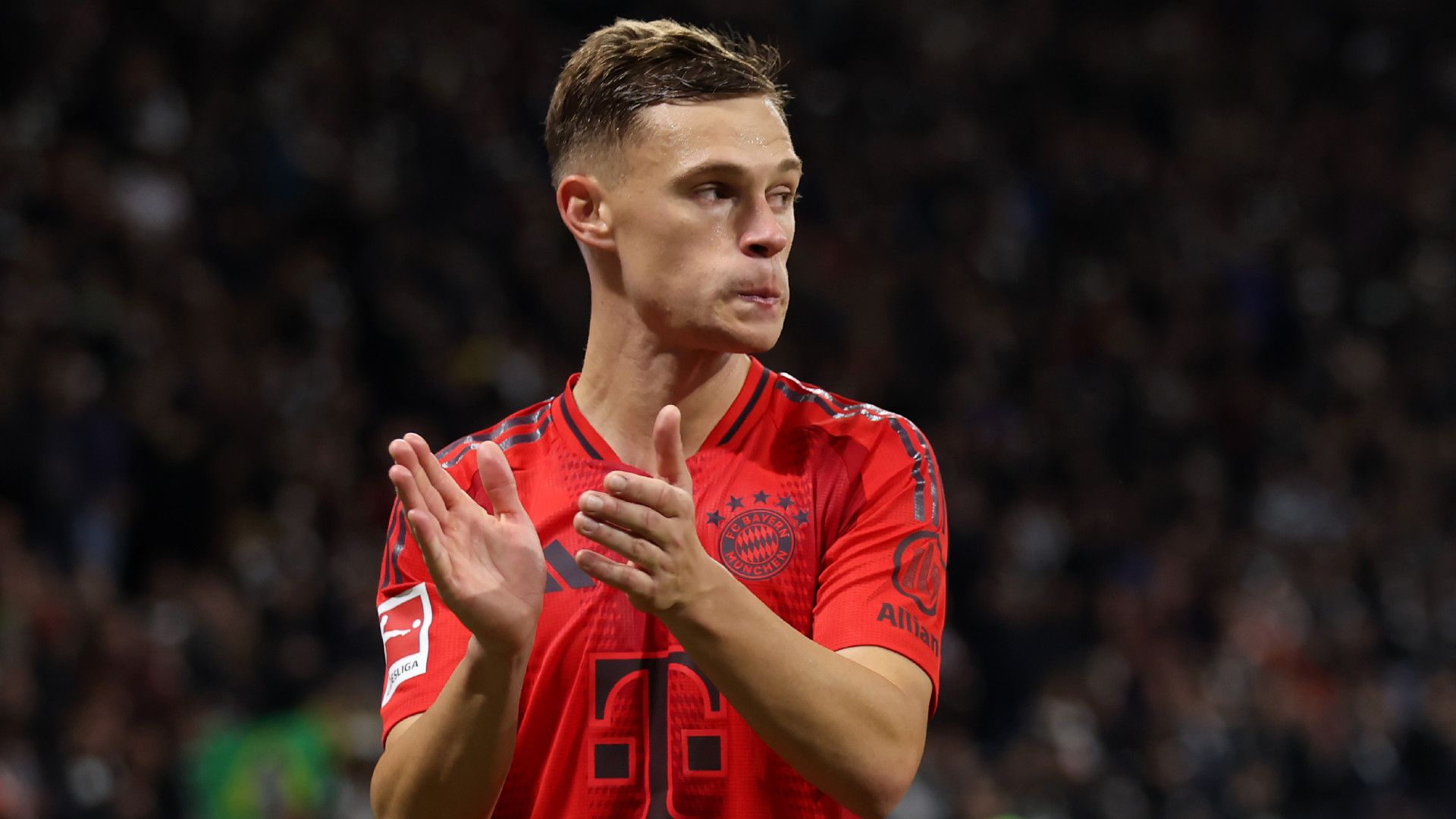.jpg?auto=webp&format=pjpg&width=3840&quality=60)
